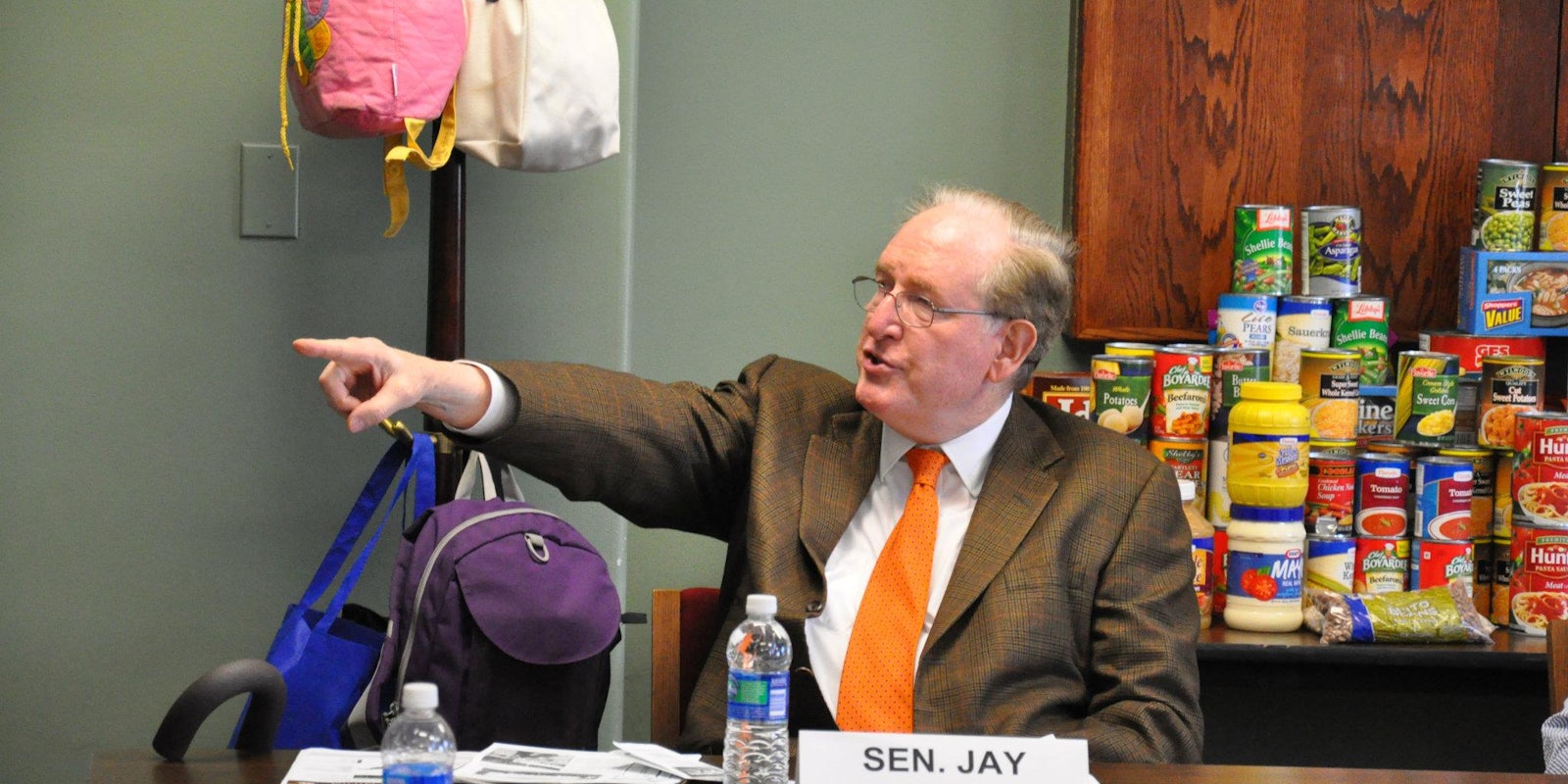Internet privacy advocates: Congress is listening.
On Tuesday, the Senate Commerce Committee hosted a hearing on the Do Not Track standard, a browser mechanism that would allow users to prevent sites they visit from planting cookies on their browser.
Chairman Jay Rockefeller IV (D-WV) announced plans to “examine how the industry intends to fulfill its recent pledge to not collect consumers’ personal information,” when those consumers try to use Do Not Track technology.
It’s a timely issue. On Tuesday, researchers announced that a standard Firefox test browser, automated to crawl the 1,000 most popular sites in the world, was saddled with 62,755 cookies. Most of them were from third parties, which often compile profiles of users to sell to marketers.
The hearing was titled with a simple question: “Is Industry Self-Regulation Adequate?”
And if not, that question implies, should the U.S. legislate cookies?
For civilian privacy advocates, the answer to the first question is a resounding no. The second is a bit more complicated.
There are already ways to avoid cookies without federal legislation. Many people use blocking add-ons to their browsers to stop most cookies. Microsoft’s next version of Internet Explorer will come with anti-tracking measures built in, and other major browsers already support the Do Not Track standard.
But, as the Electronic Frontier Foundation warns, the anti-tracking standards provided by the Digital Advertising Alliance (DAA)—the independent group consulting the Commerce Committee—offer only nominal protection. The decision to respect a browser’s Do Not Track settings is currently only regulated by the advertisers themselves.
The EFF also warns that major sites can still share information with other brands owned by the same corporation—like Marvel with Disney, ABC, and ESPN, for instance.
Things got heated when Berin Szoka, president of the think tank TechFreedom, argued that anti-tracking proponents “[overstate] the dangers of data, which remain largely conjectural.”
“You have not used the word consumer once,” Rockefeller fired back, adding “you’re in love with the law and you’re in love with yourself.”
Rockefeller also said that the DAA is an industry alliance, and not a representative of the public.
After the hearing, Szoka took to Twitter to complain about Rockefeller’s manner.
“Even when people are in violent disagreement, civility is called for,” he tweeted.
Photo via Facebook
